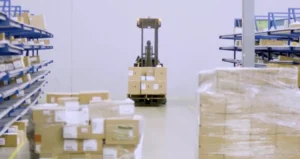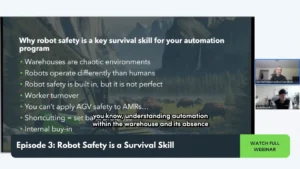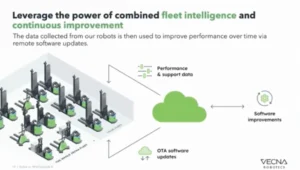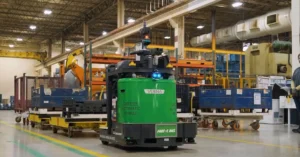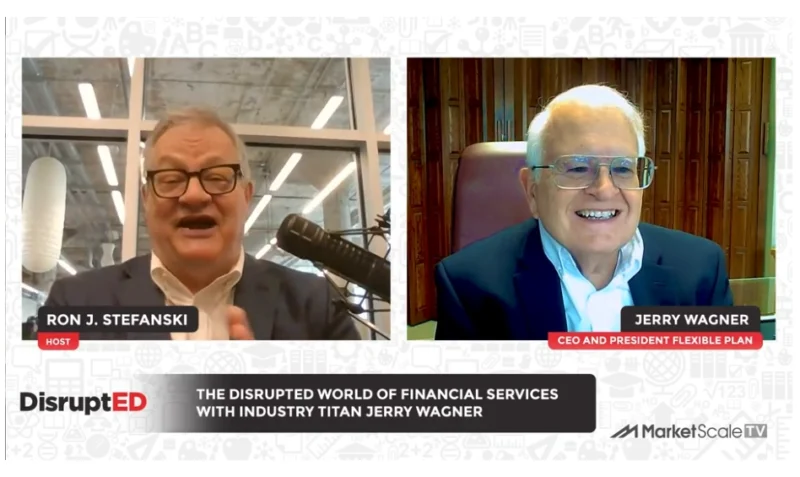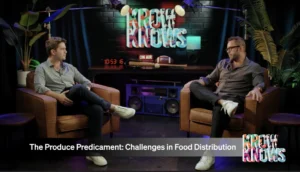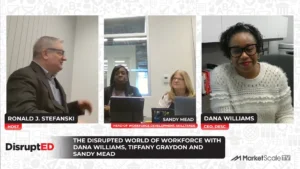Chipotle Looks to Ghost Kitchens to Make Farmesa a Reality
The West Coast plays host to one friendly kitchen ghost as Chipotle Mexican Grill launches their fresh eatery concept, Farmesa, in Santa Monica, California, this March. While its not the company’s first foray into ghost kitchens, it’s the most focused investment into the decentralized kitchen concept.
Farmesa will serve a variety of bowls ranging in price from $11.95 to $16.95. Ordering will occur via onsite kiosks at the Kitchen United Mix space at 1315 3rd Street, Santa Monica, or online for pickup or delivery through marketplace apps like DoorDash and Uber Eats.
The Farmesa concept rests on the use of ghost kitchens as opposed to cooking onsite at a restaurant. Ghost kitchens, which saw an acceleration during the pandemic, are on pace to become a $112.53 billion market by 2027. Chipotle’s Farmesa concept utilizing ghost kitchens will allow it to test and learn for future restaurant concepts. If successful, should other fresh-branded QSRs follow Chipotle’s lead?
Walter Paulsen, a tenured business development professional with experience launching new product offerings for top grocery, drug, specialty retail, as well as chair for executive leadership training company Vistage Worldwide, thinks Chipotle could be onto something tasty.
Walter’s Thoughts
“Restaurant company Chipotle is in the news for announcing it will be testing some new ghost kitchens. The restaurant chain had a bit of a black eye by a recent announcement that it would be serving $17 entrees in cardboard bowls in its southern California Farmesa concept. The ghost kitchens are a good idea and a win for four reasons.
First, ghost kitchens are much cheaper to build than traditional high retail traffic locations. Second, ghost Kitchens can be optimized for delivery services like GrubHub and Uber Eats. Third, when those delivery services go to the ghost kitchen, they’re not slowing the full-service restaurants; fourth, because of that, the full-service restaurants have a better customer experience. So, it’s a win all the way around and something that other restaurant chains would be wise to pay attention to because Chipotle is a smart company, and this is a smart move.”



